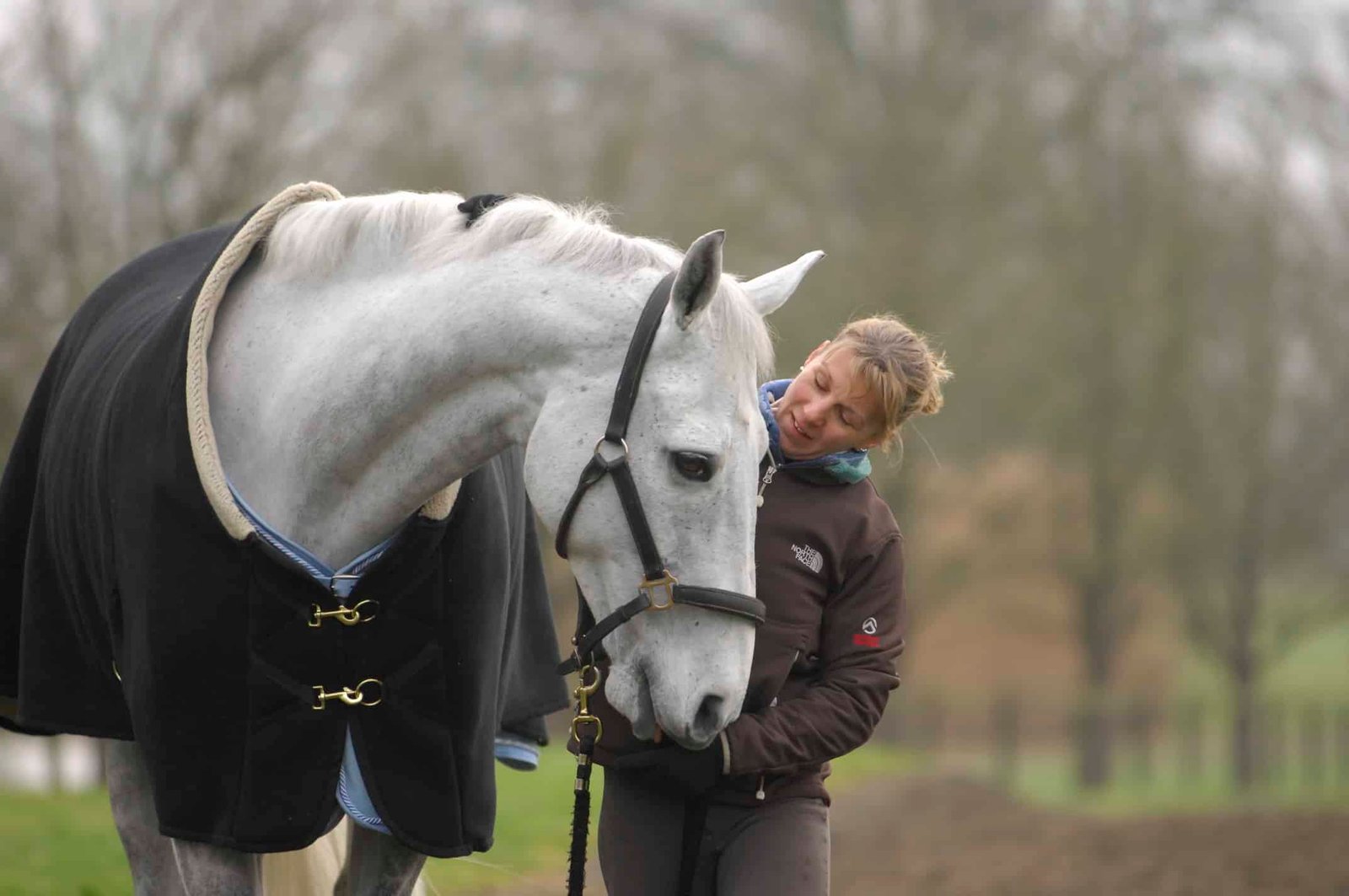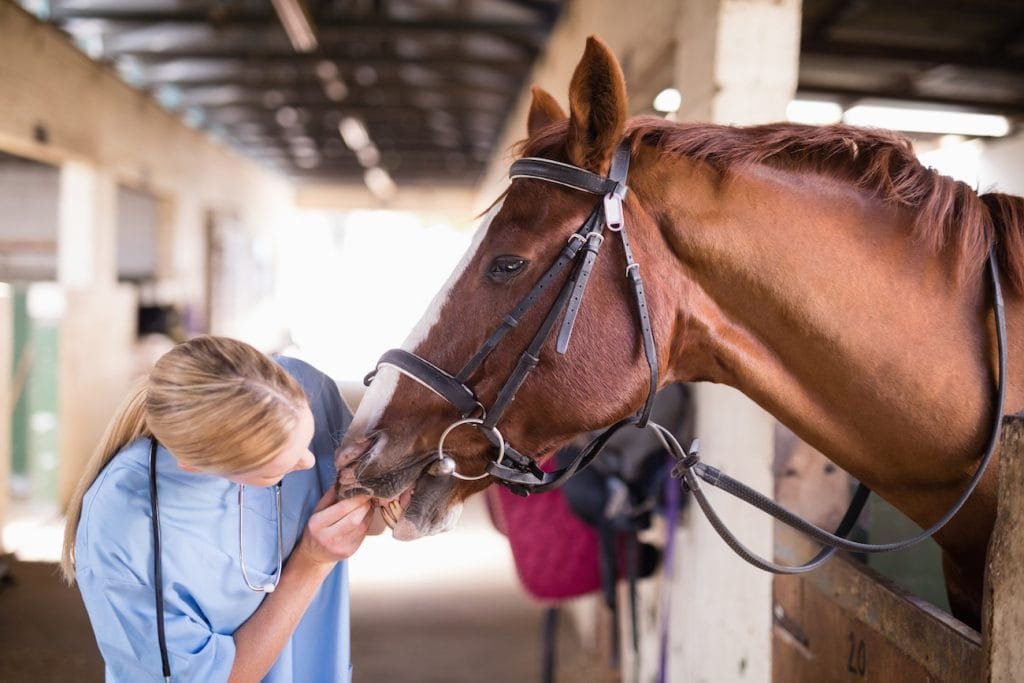Healthy is crucial for horse well-being and your peace of mind
keeping an eye on these five signs will help you ensure your horse remains healthy and happy. Regular observation, combined with good care practices, will help you catch any issues early and maintain horse’s well-being. If you ever have concerns about your horse’s health, don’t hesitate to consult with a veterinarian. horse’s health and happiness depend on the care and attention you provide.
1. Bright Eyes
A horse’s eyes can reveal a lot about its health. Healthy horse eyes are clear, bright, and shiny. They should not appear cloudy or have any discharge. If you notice that your horse’s eyes are dull, sunken, or have a yellowish tinge, it could be a sign of health problems. Eye issues might range from minor irritations to serious conditions such as infections or diseases. Regularly checking your horse’s eyes as part of your grooming routine helps catch any potential issues early.
What to Do: Gently examine the eyes during grooming. If you spot any unusual signs or if the horse seems uncomfortable, consult with a veterinarian. Early intervention can prevent minor issues from becoming serious.
2. Healthy Coat and Skin
A horse’s coat and skin are like a mirror reflecting their overall health. A healthy horse usually has a shiny, smooth coat that feels supple to the touch. The skin underneath should be clean, free from sores, bumps, or excessive dandruff. Changes in the coat’s texture or color, or the presence of lumps, could indicate skin problems, parasites, or other health issues.
What to Do: Groom your horse regularly to keep the coat clean and to help spot any changes. Regular grooming also promotes healthy circulation and allows you to check for hidden issues like ticks or injuries. If you notice any unusual changes, a vet can help diagnose and treat the problem.
3. Normal Appetite and Weight
A healthy horse is usually a good eater. They should have a consistent appetite and maintain a healthy weight. Significant changes in eating habits or weight can be signs of health problems. Weight loss, in particular, can be a red flag for issues ranging from dental problems to more serious health conditions. Conversely, sudden weight gain could also indicate issues such as metabolic disorders.
What to Do: Monitor your horse’s eating patterns and weight regularly. Ensure they have access to high-quality feed and fresh water. If you observe any drastic changes in appetite or weight, consult with your veterinarian to determine the cause and appropriate treatment.
4. Active and Energetic Behavior
Horses are naturally active animals. A healthy horse is generally energetic and interested in its surroundings. They should show enthusiasm during activities and interact positively with their environment. A sudden drop in energy levels or interest could indicate underlying health issues, such as illness or discomfort.
What to Do: Observe your horse’s behavior during turnout, training, and daily activities. Any noticeable drop in their usual energy levels or changes in their behavior should be investigated. Sometimes, changes in behavior can signal issues like pain, discomfort, or even boredom, so it’s essential to address any concerns promptly.
5. Regular, Consistent Waste
A horse’s manure provides important clues about their digestive health. Healthy manure is typically firm and well-formed. Changes in manure consistency, color, or frequency can signal digestive issues, such as colic or parasitic infections. Diarrhea, for instance, could be a sign of an infection or dietary problems, while excessively dry manure could indicate dehydration or insufficient fiber in the diet.
What to Do: Monitor the quality and quantity of your horse’s manure regularly. Keep their stall or pasture clean to prevent the spread of diseases. If you notice any significant changes, consult your vet to determine the cause and get appropriate treatment.

Additional Tips for Maintaining Horse Health
- Routine Veterinary Check-Ups: Regular vet visits are essential for keeping your horse healthy. Your vet can help spot potential issues early and provide vaccinations and treatments as needed.
- Proper Nutrition: Ensure your horse has a balanced diet that meets their nutritional needs. Quality feed and clean water are crucial for maintaining their health.
- Regular Exercise: Horses need regular exercise to stay healthy. Regular turnout and exercise help keep them fit and mentally stimulated.
- Clean Environment: A clean and safe environment reduces the risk of infections and injuries. Regularly clean their stall and check for hazards in their paddock or pasture.




